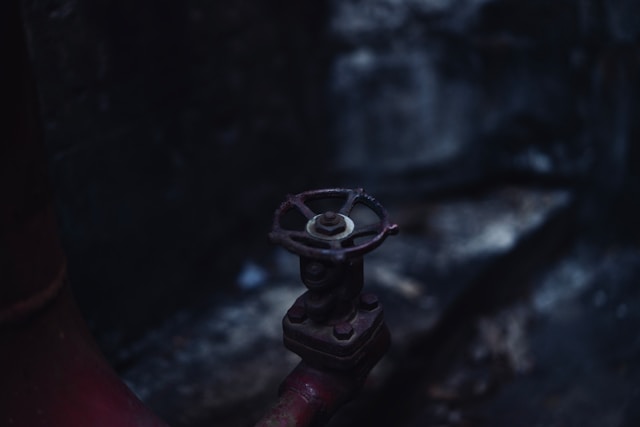Fire inspectors are influential professionals who play a significant role in preventing the devastating effects of fire. They work with local community members to advise on fire-preventative measures and inspect potential fire hazards in newly constructed public and private buildings.
This role requires several different skills. One of the most critical is attention to detail.
Training Requirements
Fire inspectors work closely with firefighters to ensure a community is safe and protected. This career path is demanding and requires extensive training. The International Code Council offers the Certified Fire Inspector I exam that certifies inspectors to continue the centuries-old tradition of preserving life and property.
Colleges, fire training academies, or employers may offer training courses. A typical inspector certification program Texas will include training in structural audits, investigation procedures, fire alarm and detection systems, occupancy requirements, and the inspection and acceptance testing of new fire protection systems.
Other course topics may address building construction materials and the nine Hazardous Materials Classifications with a focus on the inspector’s responsibilities and how to recognize potential hazards. The course will also address the safety risks posed to first responders and the public, as well as the methods for hazard control, transportation, storage, and disposal.
Knowledge Requirements
As a fire inspector, you’ll need to know the codes and standards enacted by your jurisdiction. You’ll also need to understand the strategies behind them so that you can spot potential fire hazards and follow up with legal action as required.
You’ll also need to be detail-oriented because you’ll examine buildings and their occupants for signs of code violations. You’ll need to have problem-solving skills, too, because you may be called to the scene of a fire where determining the cause can be difficult.
You’ll be talking to many people – from property owners and managers to contractors and firefighters – and you’ll need excellent communication skills. Additionally, you’ll likely be required to do strenuous work at a fire scene, so you must have physical strength and stamina. You may be required to wear heavy clothing and sort through debris. This all requires a good deal of walking, standing, and climbing stairs.
Experience Requirements
Fire inspectors must have a strong understanding of state and local building codes, fire safety regulations, and firefighting tactics and equipment. They must also be familiar with the materials and designs that go into residential, commercial, and industrial structures.
This job requires a detail-oriented approach as well as good communication skills. Effective working connections with the public, other municipal workers, elected officials, contractors, and community members from various cultural and linguistic backgrounds must be fostered and maintained by inspectors.
They must be able to determine the cause of a fire and conduct criminal investigations. In addition, they must be capable of carrying out a wide range of duties linked to code enforcement and fire inspection, including hazardous material engineering, plan assessment, and emergency preparation. In addition, they must maintain a class “C” driver’s license and a valid Fire Inspector II certification. Applicants with equivalent qualifications outside Texas are welcome to apply and will be considered case-by-case.
Certification Requirements
Fire inspectors have to know the national and local codes they enforce. They also must be familiar with building construction and design, occupancy and safety practices, and case law that guides their actions.
Field research is an integral part of the training program for fire inspection. This often involves visiting commercial kitchens, assembly halls, high-occupancy apartment buildings, and warehouses. Other fieldwork can involve investigating issues that might lead to fire hazards, such as improperly stacked flammable materials or wrongly sized or located sprinkler systems.
Depending on the career path, it can take 2 to 4 years to become a fire inspector. Many candidates obtain an associate’s or bachelor’s degree in criminal justice, fire science, engineering, or chemistry before finishing a formal training program. Earning additional certifications helps a candidate stand out from employers. This is because professional credentials verify that the candidate has the knowledge, skills, and experience to perform their job responsibilities.

 Keeping Your Hearth in Top Shape: The Value of Routine Fireplace Repair
Keeping Your Hearth in Top Shape: The Value of Routine Fireplace Repair  Septic Systems: Maintenance Tips for Homeowners
Septic Systems: Maintenance Tips for Homeowners  Timeless Elegance: A Guide to Buying Your First Antique Shelf Clock
Timeless Elegance: A Guide to Buying Your First Antique Shelf Clock  Fostering Tranquility: Infusing Personal Well-Being into Home Renovation Ventures
Fostering Tranquility: Infusing Personal Well-Being into Home Renovation Ventures 


